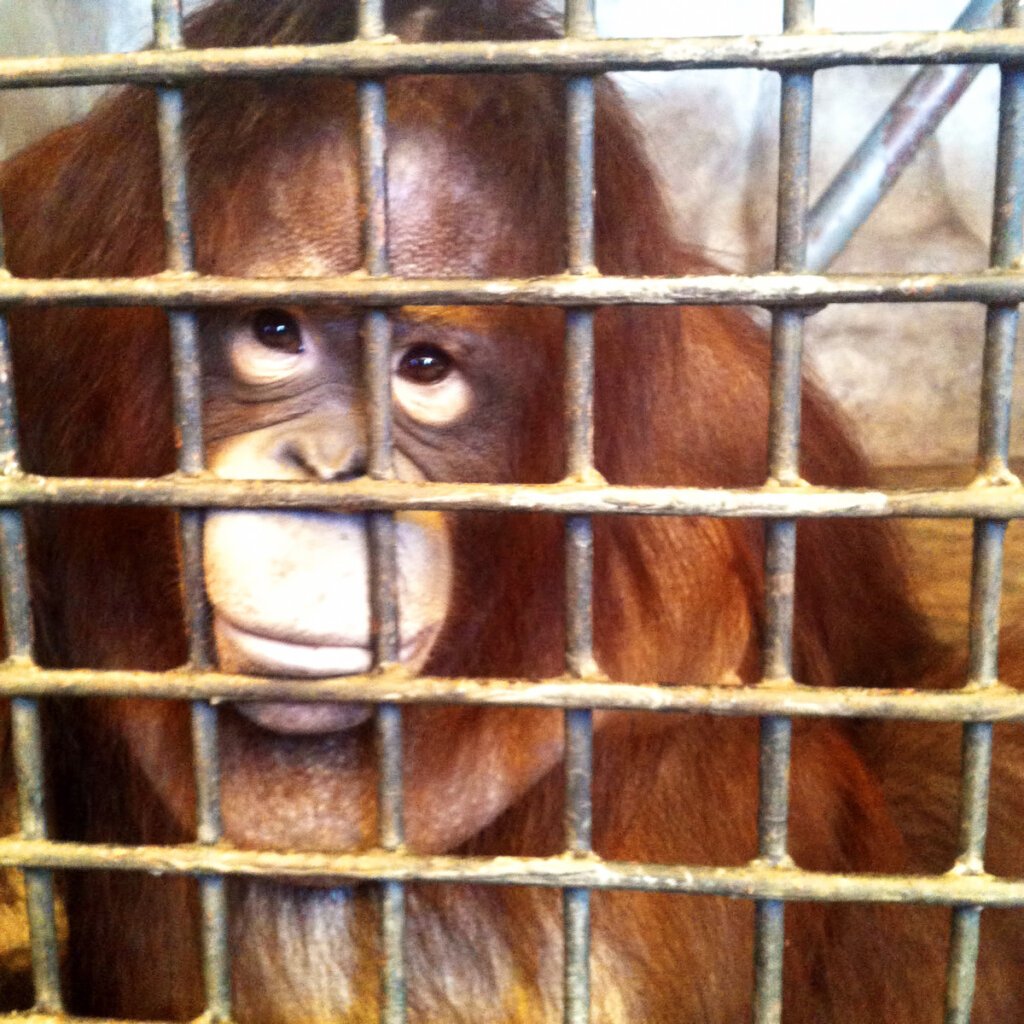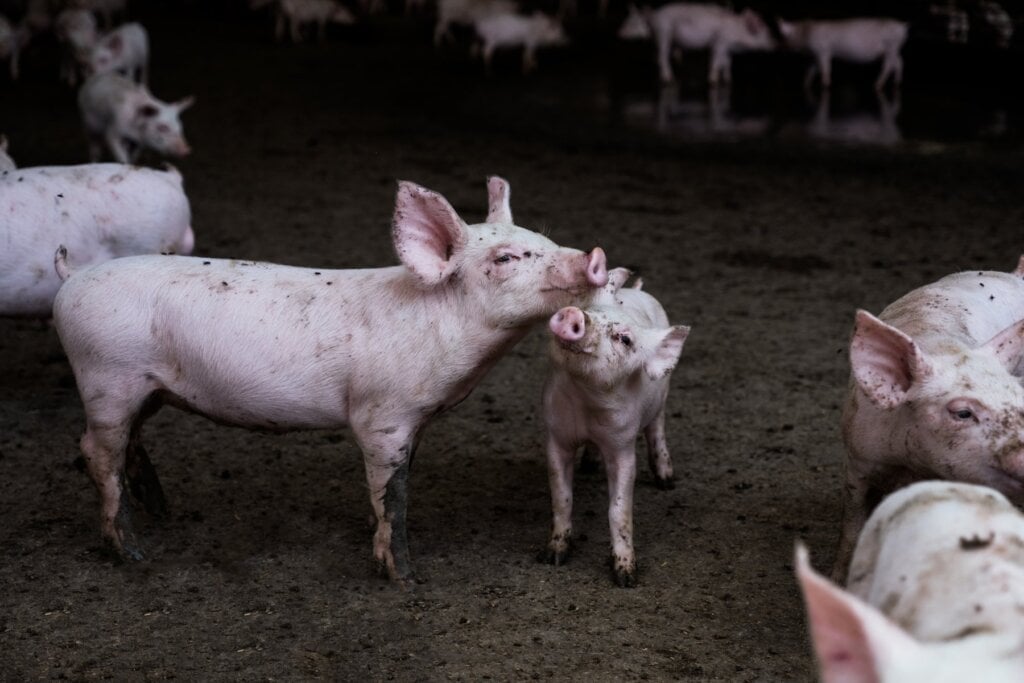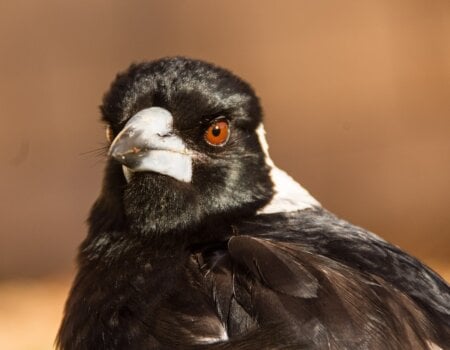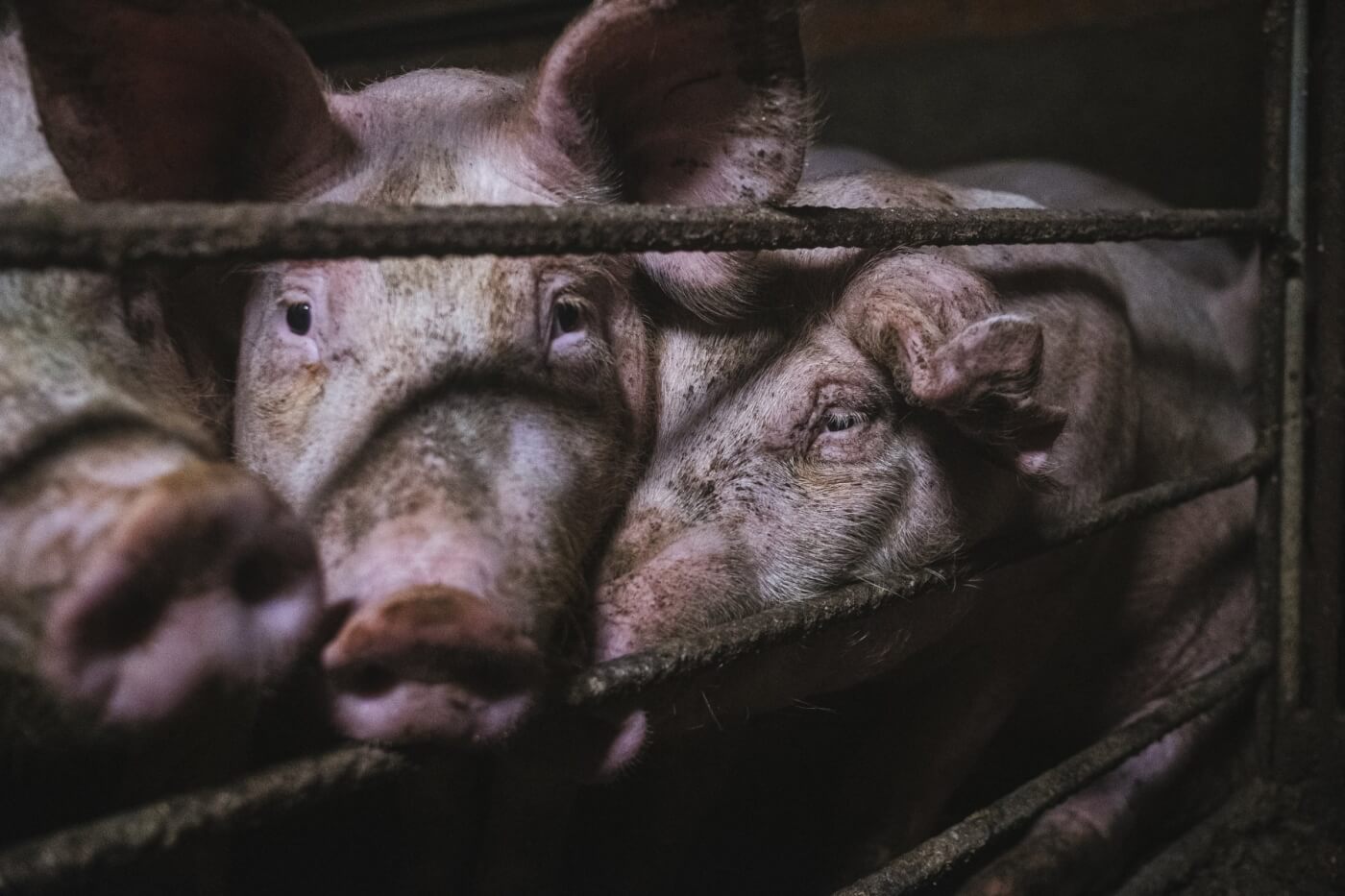
Japanese Encephalitis Outbreak in Australian Piggeries
Two people have died of Japanese encephalitis (JE) and there are 15 more confirmed cases after 40 piggeries across New South Wales, Queensland, South Australia, and Victoria were found to be infected by the virus.

What Is Japanese Encephalitis?
Japanese encephalitis (JE) is a virus that can cause brain swelling, high fevers, and other symptoms. It can be transmitted to humans via bites from infected mosquitoes but is typically maintained in a cycle between mosquitoes and hosts such as pigs and wading birds.
Pigs are major amplifiers of the virus, developing high enough viral loads in their blood to infect mosquitoes for around four days.
The disease cannot be transmitted from person to person, but it can be serious, especially in children and the elderly.
Warm areas with large pig populations, such as near intensive piggeries where thousands of animals are crammed into a single shed, are at higher risk of JE.
Diseases That Originate in Animals
“Zoonotic disease” is a term that should be familiar by now, after the world has endured two years of the COVID-19 pandemic. It means a disease that can be transmitted to humans from other animals – the way COVID-19 likely originated in bats and avian flu and swine flu come, respectively, from birds and pigs. JE is a vector-borne zoonotic disease, meaning that the virus is transmitted from insects to humans.
Many of the drivers of zoonotic disease outbreaks in humans and other animals relate to environmental changes such as deforestation, agriculture intensification, loss of biodiversity, and climate change–induced flooding and droughts.
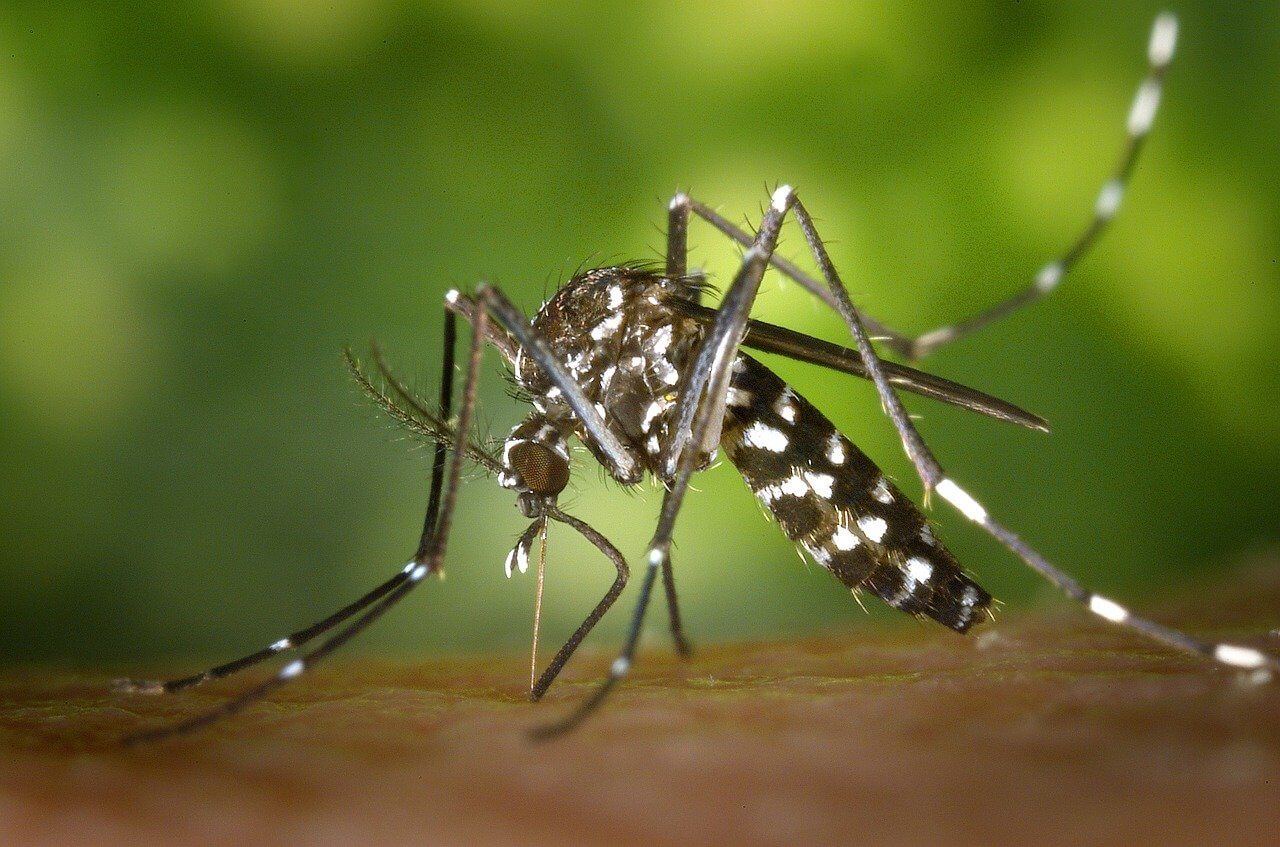
Climate Change and Increased Rainfall
What is particularly alarming about these cases is how far south they are. Historically, JE had never been detected south of Cape York – the northernmost point of the Australian continent. However, ongoing rain, flooding, and warm weather are creating perfect conditions for a boom in Australia’s mosquito population. Experts say the disease has been brought farther south by the warming climate.
As floodwaters ravaged New South Wales and Queensland on Monday, the Intergovernmental Panel on Climate Change (IPCC) released its 2022 report, noting the connection between extreme flooding and climate change.
“Climate change is already changing Australia’s rainfall; that is, where it rains, when, and how much,” said Ruth Morgan, lead author of the IPCC report’s chapter on water.
The United Nations has stated that a global shift towards plant-based eating is essential to combat the worst effects of climate change, and research from the University of Oxford found that going vegan is “the single biggest way” to reduce our individual environmental impact.
Enough Is Enough
We’re in the midst of a pandemic borne from the human exploitation of animals as well as climate change–induced flooding events.
It’s time to take action.
You can help reform our food system, protect the environment, and reduce the suffering of animals by ending your support for the exploitation and slaughter of living, feeling beings.
If not you, then who? If not now, when?
Help Animals in 2025: Renew Your PETA Membership!
